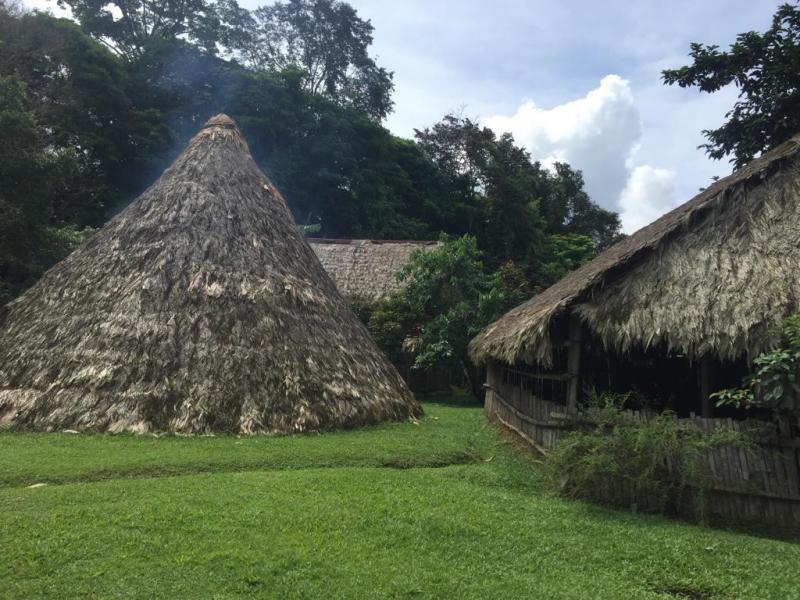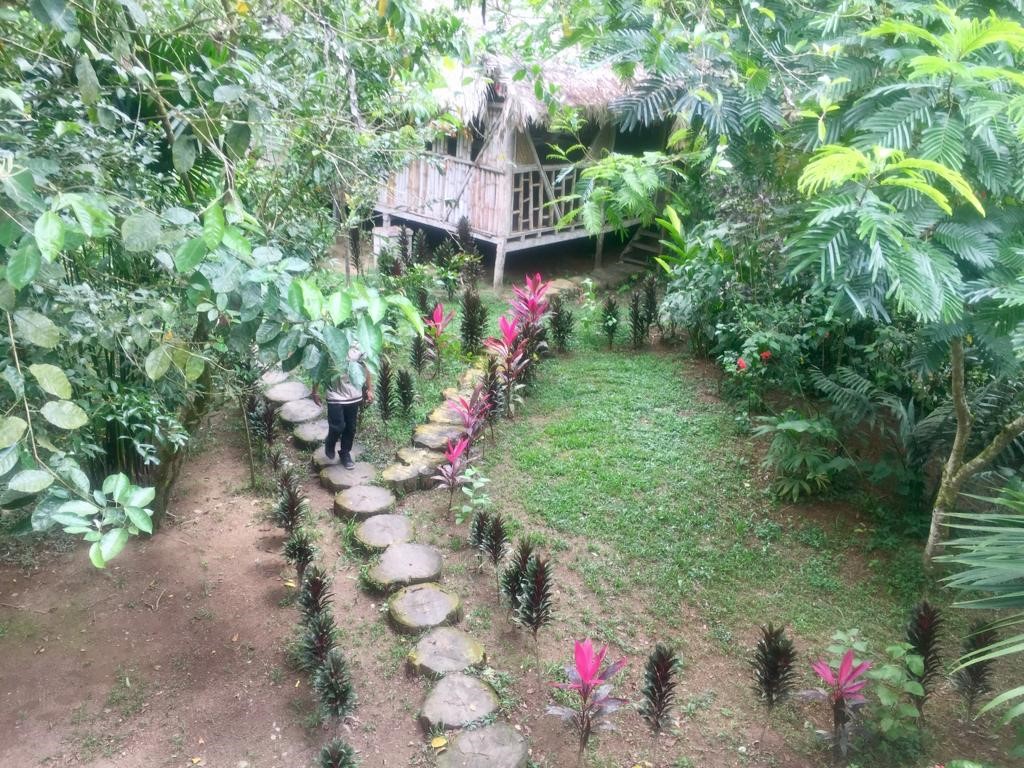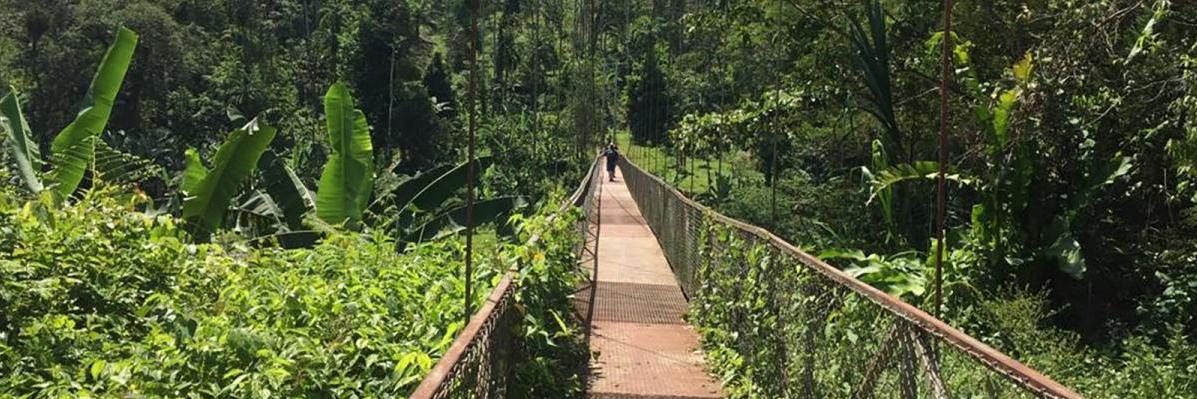Students from the Department of Sociology at UTSC will leave next week on a 14-day land-based learning trip to Costa Rica which will see them visiting a wide variety of Indigenous communities.
The students from SOCD02H3F - Global Field School: Indigenous Costa Rica will be setting off on Saturday for a trip that will take them to a number of different Indigenous territories in Costa Rica, many of them in remote areas.

During this experiential and land-based learning trip, the students will learn about settler colonialism, Indigenous communities, and UNDRIP (the United Nations Declaration on the Rights of Indigenous Peoples). The students, many of whom are from Indigenous backgrounds, will undertake the journey to the various communities with Indigenous Costa Rican university students from TEC University.
Professor Dani Kwan-Lafond will be leading the trip, her fourth to Costa Rica. For her, the most important aspect of the trip is its land-based, experiential nature, and the potential for building relationships between Indigenous peoples from the two countries.
“I don’t have the words for how important it is,” says Professor Kwan-Lafond. “They connect through knowledge sharing, learning about each other’s customs, societies and traditional medicines. Also, for Indigenous students who are minorities in university in both countries, it’s interesting for them to share their experiences as university students.”

She notes too that the trip is not for the faint-hearted, with students staying in traditionally-built buildings in the rainforest, as well as doing a lot of walking. “There will be long, challenging hikes,” she says. “But there’s no better way to learn about someone’s home territory.”
She also places great value on the access that communities have generously provided. “Community members will share with us, for instance, how they build the roofs of their traditional buildings, how they tie the leaves, and we have a workshop where we not only learn about Indigenous textiles, we learn every single plant used to make the dye, how to spin the cotton, and the whole tradition of that. Those sorts of experiences are really meaningful.”
Tianna Tabobondung, one of the students currently preparing to embark, is excited to take part in this exchange of knowledge. “The international and nation-to-nation relationship building are what drew me to this course,” she says. “As an Indigenous person in Canada, a trip to build connections and learn from other Indigenous people in their territories is a once in a lifetime opportunity. This trip will allow us to learn directly from the Indigenous people on their lands and to explore the nuances in our cultures. I am looking forward to building relationships, meeting new people, and pushing my boundaries to get the most out of this experience.”
Hafsa Eid will also be setting out on the trip next week. She says that what appealed to her most about the course was delving deeper into the issues faced by Indigenous people in both Costa Rica and Canada. “I’m interested in understanding the parallels between the two countries with regards to their histories, laws, struggles, and resistance,” says Hafsa. “I am excited to learn ways I as a non-Indigenous person can become a better ally to Indigenous people.”
For updates and pictures from the trip, follow us on Twitter at @UTSCSoc
